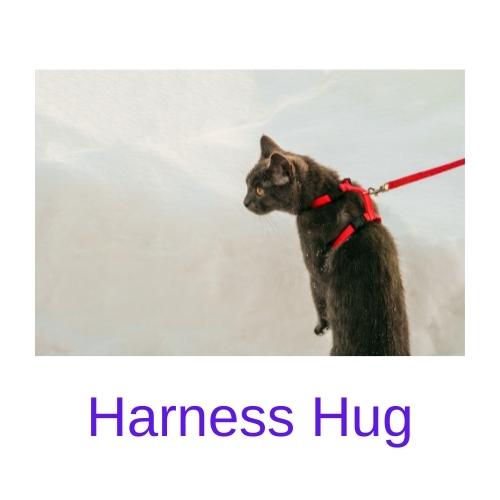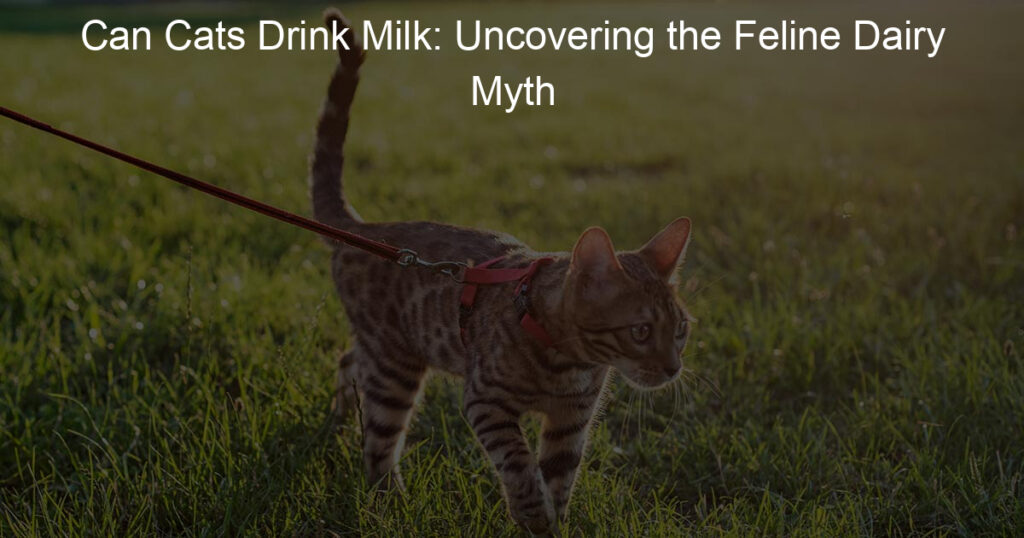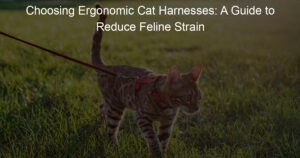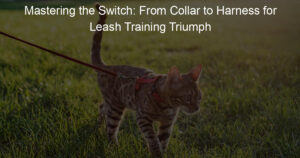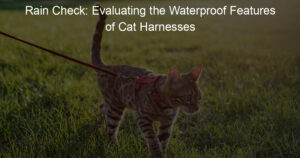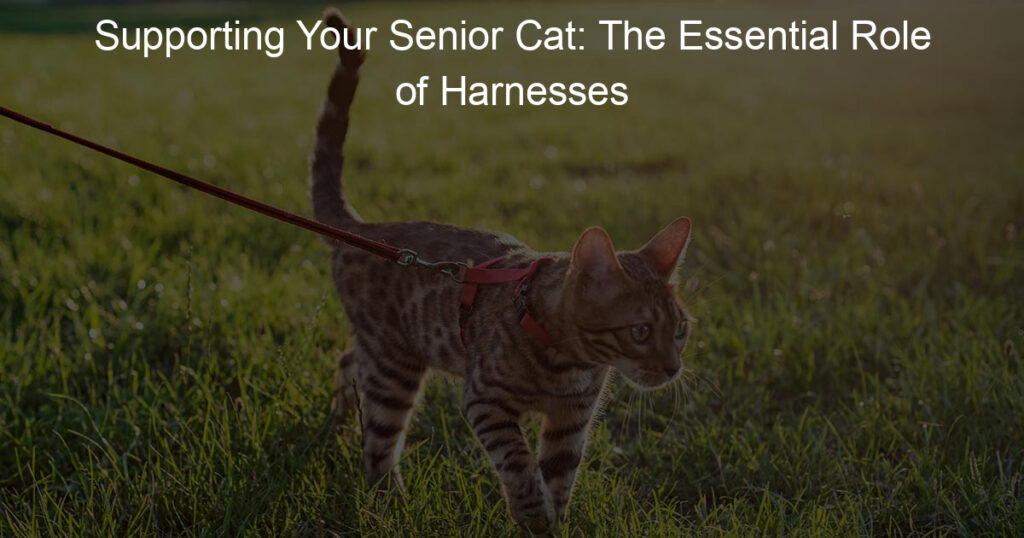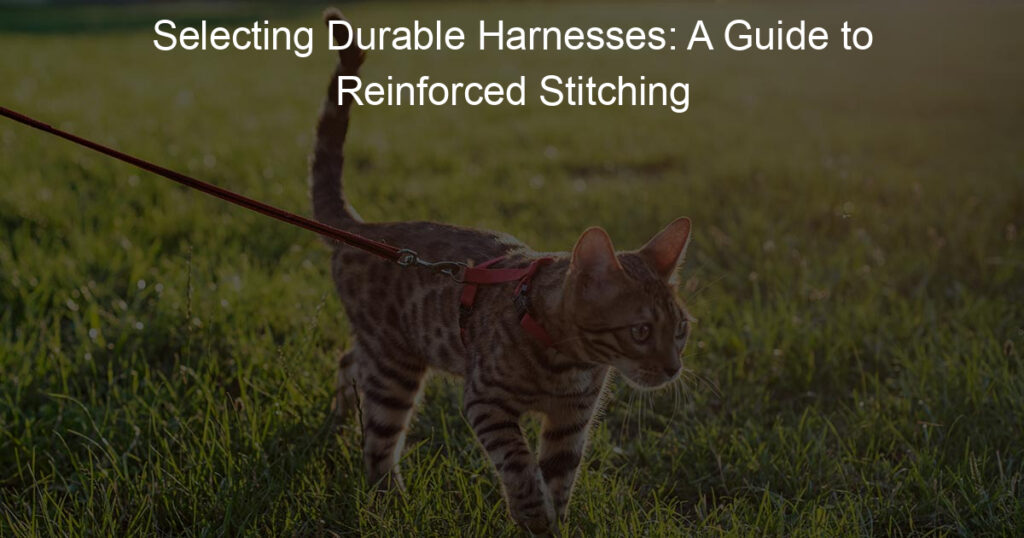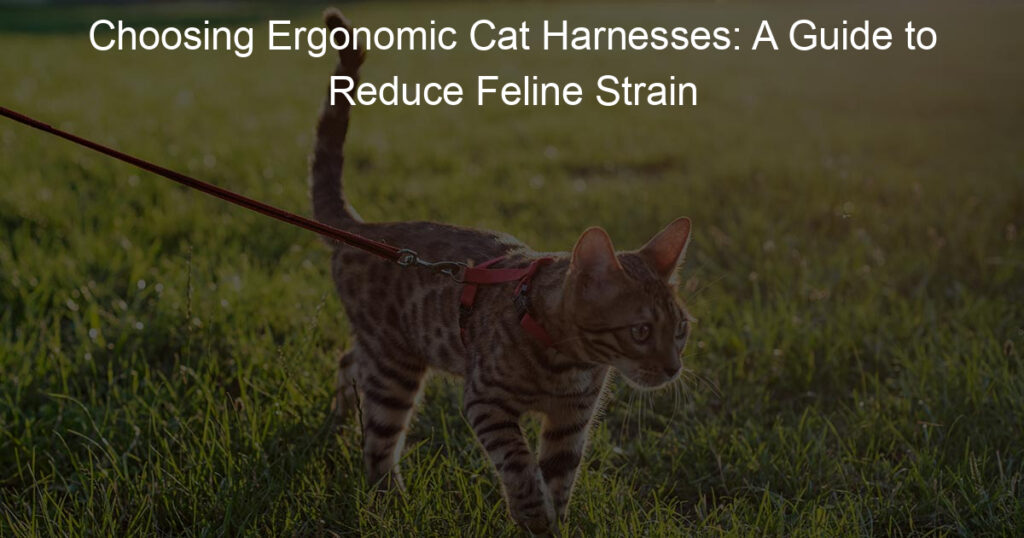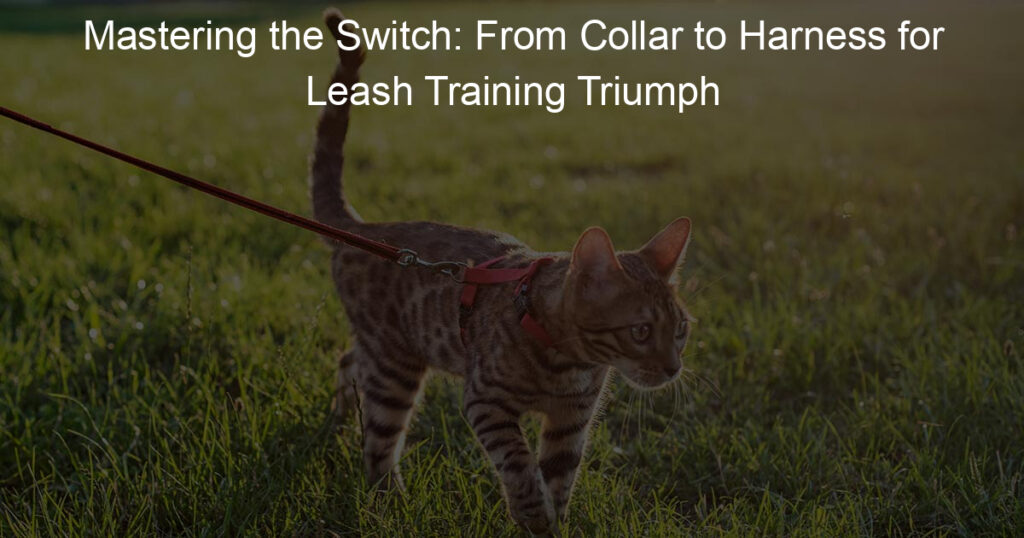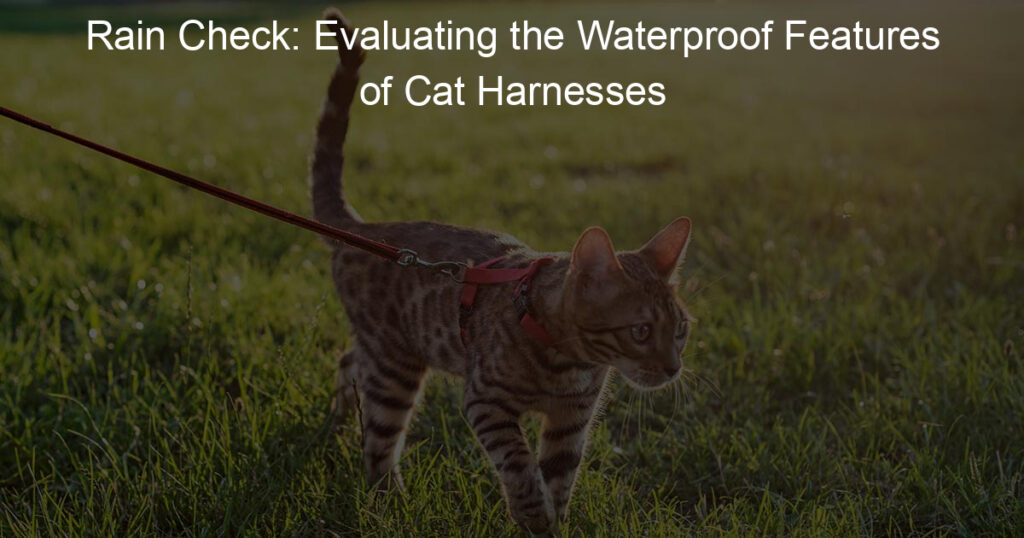Many people automatically associate cats with a bowl of milk, perhaps because of the prevalence of this idea in popular culture. However, the reality is a bit more complex than one might initially think.
Cats may be attracted to the taste and texture of milk, but it’s essential to understand if can cats drink milk.
Cats, like many other mammals, are lactose intolerant to some degree, which means they have difficulty digesting lactose – the sugar found in milk.
This can lead to digestive issues for our furry companions, such as diarrhea, vomiting, or upset stomach. Therefore, it’s essential to take these factors into consideration when contemplating milk as a treat for your cat.
Key Takeaways
- Milk may not be suitable for all cats due to lactose intolerance
- Digestive issues can result from milk consumption in cats
- Non-dairy alternatives can be considered for treating your cat
Common Misconceptions about Cats and Milk
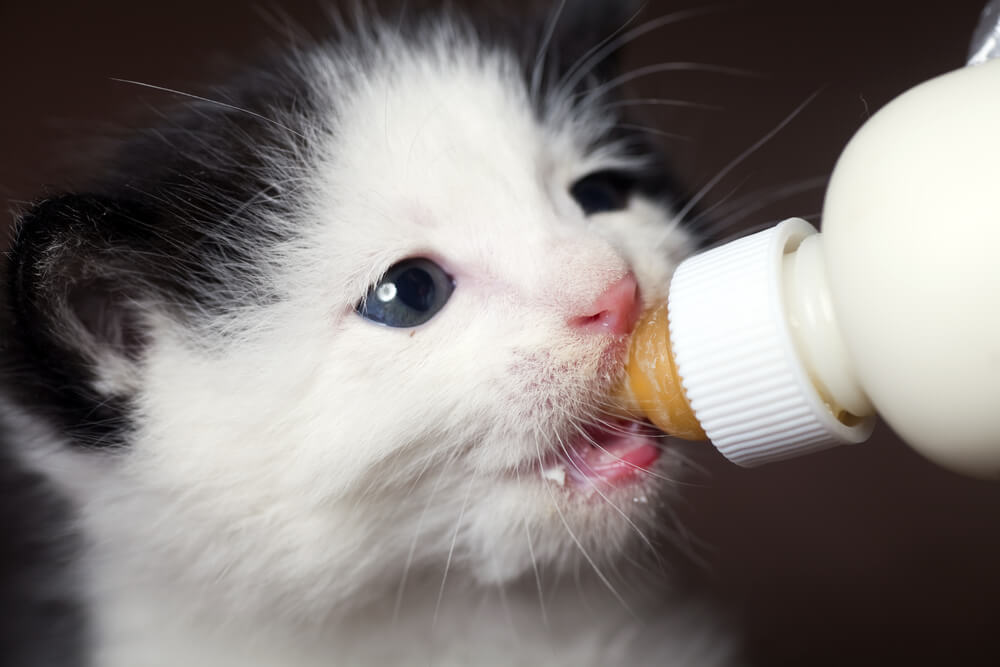
I want to address a common misconception about cats and milk. Many people believe that because cats seem to enjoy milk, it must be safe for them to drink. However, this is not necessarily true.
Milk, specifically cow’s milk, may not be suitable for all cats. As they grow and mature, cats may become lactose intolerant, meaning that they lack the enzymes necessary to break down lactose, the sugar found in milk.
Consuming milk might lead some cats to experience gastrointestinal issues like diarrhea and vomiting.
It’s important to remember that each cat is an individual, and their tolerance to milk can vary. Some adult cats might be able to handle small amounts of milk without any adverse effects, while others may experience discomfort after consuming even a tiny amount.
So, can cats drink milk? The simple answer is that it depends on the cat. If you choose to give your cat milk, it’s best to start with a very small amount and observe for any signs of distress.
Additionally, be aware that there are specially formulated cat milk products available that have reduced lactose content, making them more digestible for our feline friends.
While the image of a cat happily lapping up milk from a saucer might seem adorable, it’s essential to consider the potential consequences of giving your cat milk.
Remember that water should always be their primary source of hydration, and consult with your veterinarian if you have any concerns about your cat’s diet.
Can Cats Drink Milk?
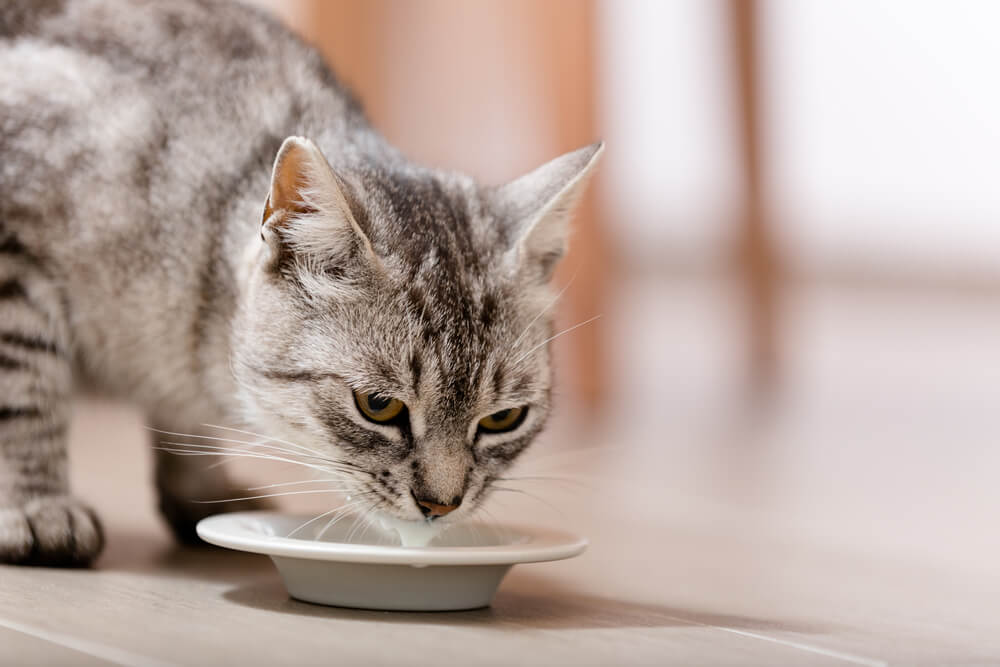
Understanding Lactase Enzyme
Lactose is a sugar found in milk that needs to be broken down by the lactase enzyme in the digestive system. I know that humans and many animals produce this enzyme, which allows them to digest lactose efficiently.
Nevertheless, the production of the enzyme lactase can vary among individuals and even decline as they age.
Lactose Intolerance in Cats
Cats, like some humans, can also be lactose intolerant due to a deficiency of the lactase enzyme. It’s important for me to consider this when thinking about offering milk to my cat. Lactose intolerance in cats can cause gastrointestinal issues, such as diarrhea, bloating, and gas.
Since it is common for cats to have varying degrees of lactose intolerance, it’s essential for me to be cautious about providing milk or dairy products to my feline friend.
Instead, I should opt for specially formulated cat milk or lactose-free alternatives to avoid causing any digestive problems for my cat.
Effects of Milk on Cats’ Health
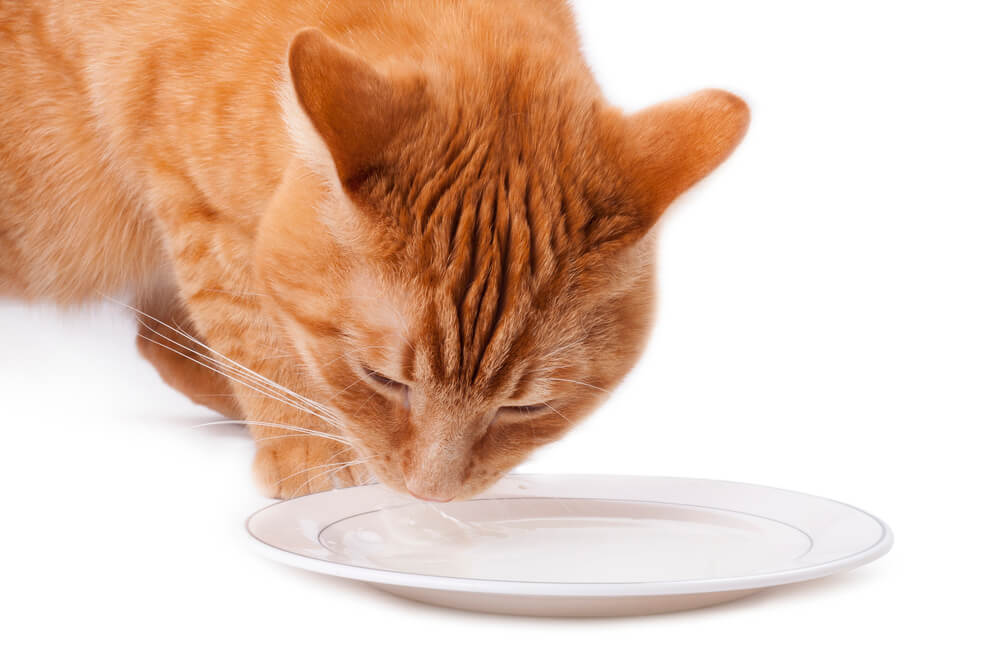
Potential Health Conditions
As a cat owner, I’ve often asked myself whether milk is safe for my furry friend. After conducting some research and consulting with veterinarians, I’ve discovered that milk can actually cause several health issues in cats.
Most cats are lactose intolerant, which means their digestive systems cannot properly break down lactose—a naturally occurring sugar in milk. This intolerance can lead to diarrhea, vomiting, gas, and abdominal pain in cats, making them quite uncomfortable.
Furthermore, I’ve learned that milk can also cause other potential health conditions.
For example, consuming milk can lead to upset stomachs in cats, creating general discomfort and forcing them to visit the veterinarian.
Weight and Obesity Risks
Another concern I’ve come across when researching the effects of milk on cats’ health is the risk of weight gain and obesity. Milk contains high levels of fat and calories, which can contribute to weight gain if a cat drinks it excessively.
This extra weight might lead to obesity, which increases the risk of other health complications in felines. As a cat owner, it’s essential to control the portions of milk or other high-caloric foods that you’re offering to your pet to prevent these issues.
Though cats might be attracted to milk, it’s best to avoid giving it to them due to the potential health risks it poses.
Instead, stick to clean water as the primary source of hydration and consult your veterinarian if you have any concerns about your cat’s diet or health.
Safe Alternatives to Milk
Hydration Solutions
Drinking water is the most important source of hydration for cats. Make sure to provide clean, fresh water daily to avoid any risk of dehydration, especially during warmer seasons. It’s a healthy and essential component of their diet.
Wet canned food can also be a great source of hydration for cats since it contains a higher water content compared to solid foods. This type of food can help not only keep your pet hydrated but also help in the smooth functioning of their body systems.
If you notice that your cat is not drinking enough water or is prone to dehydration, consult your vet for advice on managing their hydration levels.
Vets might recommend wet food as a solution or even instruct on methods to encourage drinking water, such as using water fountains or adding water to their dry food.
Nutrient-Rich Alternatives
While kittens may benefit from their mother’s milk for the first few weeks, they will eventually transition to solid foods. This process should be handled carefully, as kittens have specific nutritional needs that are different from adult cats.
To ensure that your kitten or adult cat receives the appropriate nutrients, consider providing them with a balanced diet that includes wet canned food and high-quality dry food.
These specially formulated cat foods include vitamins, minerals, and proteins that are necessary for maintaining a healthy and active pet.
Avoid feeding your cat human food or kitchen scraps, as it could lead to an unbalanced diet or even cause digestive problems.
Remember that proper nutrition is crucial for the overall health and growth of your feline friend, so always be cautious about food choices.
Considerations for Kittens’ Consumption of Milk
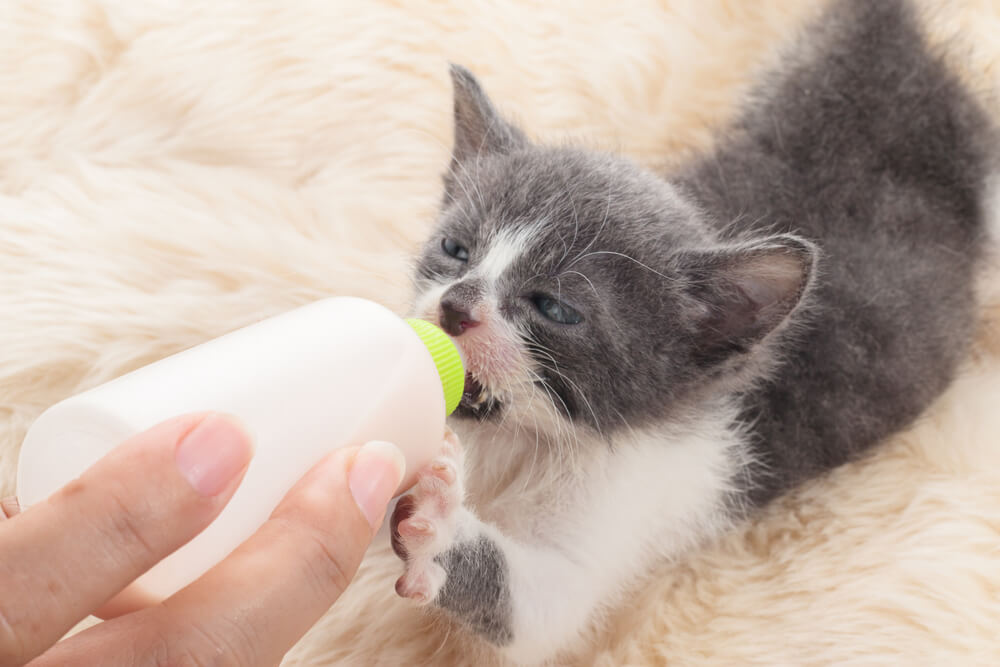
Weaning from Mother’s Milk
When it comes to kittens drinking milk, it’s important to understand the weaning process. Weaning is the gradual transition from a diet based solely on mother’s milk to solid food.
Typically, kittens begin weaning around 3-4 weeks of age and continue until they are 8-12 weeks old. During this time, I’ve noticed that the mother cat will slowly reduce nursing, allowing her kittens to explore solid foods.
As a cat owner, if you’re bottle feeding a kitten, it is essential to start the weaning process around the same age. When weaning, I prefer to introduce a mixture of kitten formula and wet kitten food.
This helps the kitten transition smoothly to a primarily solid food diet.
During weaning, I’ve found that it’s essential for kittens to get all of their necessary nutrients from their diet, mainly from the mother’s milk or a suitable kitten formula.
It’s worth noting that regular cow’s milk can be difficult for kittens to digest and may cause digestive issues, as it lacks the necessary nutrients and contains lactose, which many cats cannot digest well.
Appropriate Milk Products
If you decide your kitten needs a milk supplement, I recommend using specially formulated cat milk available at pet stores. These milk products are made with kittens in mind and are both easy to digest and rich in essential nutrients like taurine.
In my experience, offering kittens an appropriate milk product can provide essential hydration and nutrients apart from their regular diet. However, it’s important not to rely solely on these milk supplements, as they are not a substitute for their primary diet.
Remember to introduce any new foods or supplements gradually to avoid upsetting your kitten’s sensitive stomach. Always consult with a veterinarian if you are unsure about the best approach for your kitten’s nutrition and diet.
And there you have it. Paying close attention to the weaning process and selecting an appropriate milk product for your kitten will ensure they receive all the necessary nutrients for healthy growth and development.
Safe Dairy and Non-Dairy Treats for Cats
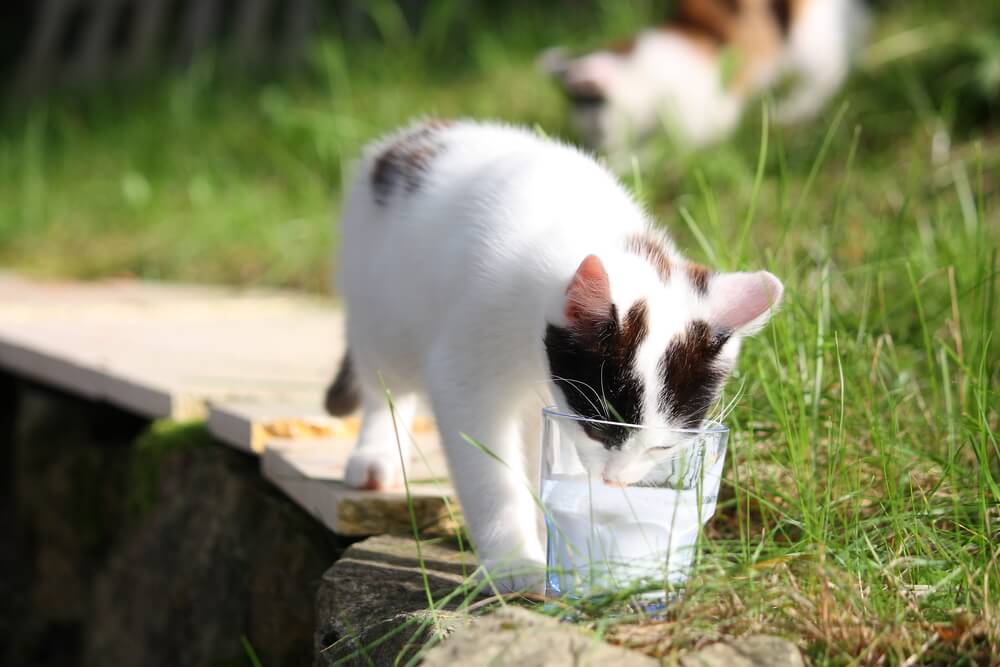
Types of Milk Alternatives
When it comes to giving our feline friends a treat, I always ensure that it is a safe and healthy option. Cats can be lactose intolerant, so regular cow’s milk isn’t the best choice.
Instead, I opt for milk alternatives available in supermarkets, such as:
- Lactose-free milk: This dairy product has lactose removed, making it easier for cats to digest.
- Goat milk: With less lactose than cow’s milk, goat milk can be a more suitable option for some cats. However, it’s essential to monitor your cat’s reaction, as some may still have lactose intolerance issues.
- Almond milk, soy milk, and coconut milk: These non-dairy milk substitutes, while safe for cats to consume in small quantities, lack the vital nutrients found in lactose-free or goat milk.
Cheese and Yogurt: Yes or No?
As for other dairy products like cheese and yogurt, the same caution applies. In small quantities, these milk products can be a safe treat for cats, provided they don’t have lactose intolerance.
Keep the portions small because too much cheese or yogurt can lead to stomach upset.
Remember always to monitor your cat’s reaction to any new food item and consult with your veterinarian if you have concerns about introducing dairy or milk alternatives into your cat’s diet.
Cats and Sweet Cravings
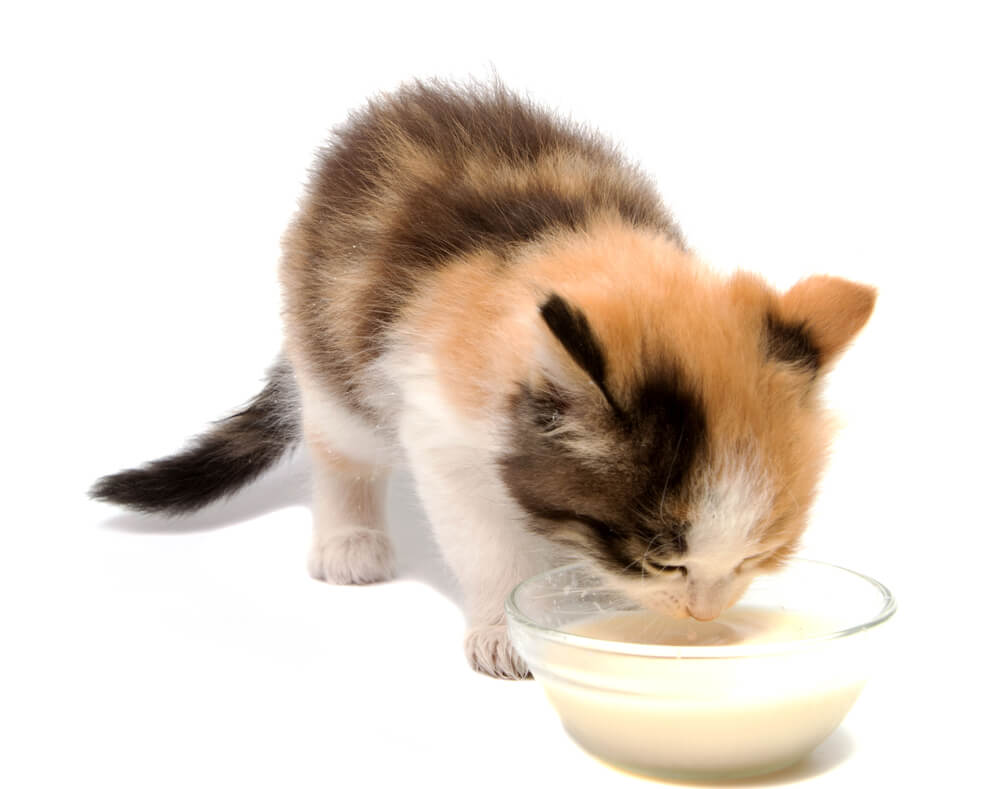
Understanding Cats’ Taste Buds
As a cat owner, I often wonder why my feline friend seems to have a preference for certain foods, especially those with a sweet or creamy texture. It turns out that cats are unable to taste sweetness like humans can due to a lack of the specific taste receptor for sugars.
Yet, they are still able to detect other flavors, such as fat and oil, which they might associate with comfort foods like milk or ice cream.
It’s essential to recognize that while we might find sugar-laden treats like ice cream irresistible, it’s the fat content, rather than the sweetness, that attracts our feline companions.
Oily textures and rich flavors are linked to high-fat content, making them more appealing and palatable for cats.
Repercussions of Sugary Foods
While cats may not be able to taste sugars, that doesn’t mean they should indulge in sweet treats. Sugary foods can cause digestive issues for our feline friends, as their digestive systems are not equipped to handle large amounts of sugar.
One of the most critical organs involved in breaking down food is the colon, and feeding our cats sugary treats can cause disturbances in its normal function.
Moreover, sugary snacks can lead to unhealthy weight gain, as the excessive calories are converted into fat stores. Over time, this increase in body fat can put a strain on their organs and contribute to health problems like heart disease and diabetes.
It’s essential to keep in mind that while cats may have an affinity for some sweet or fatty foods, it’s for their health that we must resist the temptation to give them unhealthy treats and stick to a balanced diet designed for feline needs.
Frequently Asked Questions
Is cow milk safe for cats?
Cow milk is not an ideal beverage for cats. Although many people believe that cats love milk, most cats are lactose intolerant, which means they have trouble digesting lactose found in cow’s milk.
It can lead to gastrointestinal issues, such as diarrhea, vomiting, and stomach cramps.
What type of milk is suitable for felines?
There are specially formulated cat milk products available in pet stores and online. These products are lactose-free and contain necessary nutrients tailored to a cat’s dietary needs.
Always consult your veterinarian before introducing any new food or drink to your cat’s diet.
How much milk can a cat safely consume?
If you choose to give your cat specially formulated cat milk, be sure to follow the recommended guidelines on the product packaging and consult with your veterinarian for personalized advice.
Remember that milk should only be an occasional treat and not a regular part of their diet, as cats receive adequate hydration from water and proper nutrition from cat food.
Can cats drink plant-based milk alternatives?
Plant-based milk alternatives, like almond, soy, or oat milk, are not recommended for cats as they lack essential nutrients and may contain ingredients harmful to felines.
It is best to stick with water as their primary drink, along with occasional lactose-free cat milk when considering a treat.
Are there any health risks associated with cats drinking milk?
Yes, there can be health risks associated with cats drinking milk, particularly cow’s milk. As mentioned earlier, most cats are lactose intolerant, leading to gastrointestinal issues.
In some cases, excessive intake can lead to more severe health problems like pancreatitis. Always monitor your cat and consult your veterinarian if any health concerns arise.
Can milk be given as an occasional treat to cats?
Milk can be given as an occasional treat, but it should be lactose-free, specially formulated-cat milk. Be cautious with portion sizes and frequency, as even cat milk products can contribute to weight gain and dental issues if given too often.
Providing a balanced diet and clean water for your cat is the best approach to maintaining its overall health.
